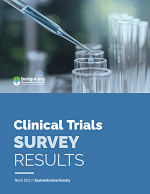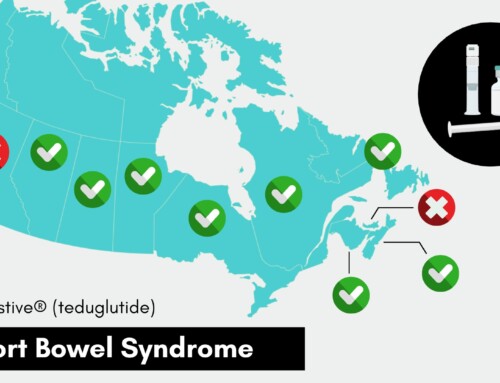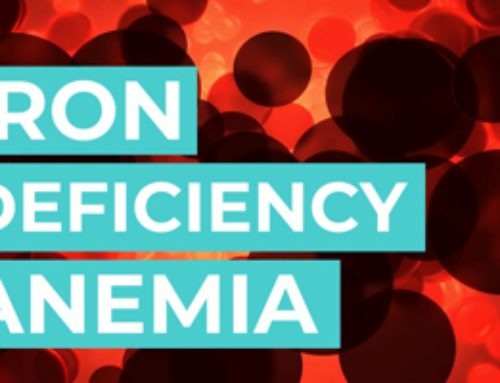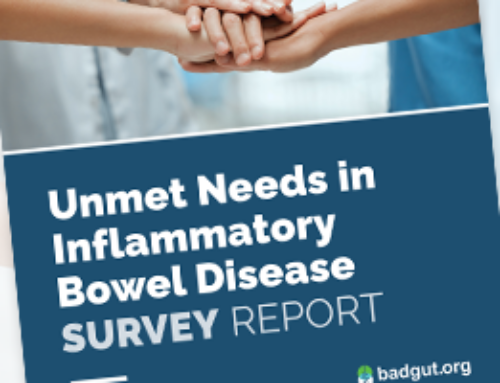
Clinical Trials Survey Results
Clinical trials are a vital step in the development of new treatments, and they contribute to well-balanced, effective healthcare. Without clinical trials, we would never be able to adequately test new treatments, including medicines, supplements, devices, dietary modifications, behavioural and psychological therapies, various procedures, and more. No testing means no new medications could be released, so our ability to treat diseases would remain stagnant.
 In a clinical trial, researchers take a treatment that has already been analyzed in other ways (e.g., lab testing, animal testing), and test it on volunteers to determine if it is safe and effective. These volunteers typically need to be diagnosed with a particular condition that the treatment is likely to help, and sometimes they also need to fit other demographic categories (e.g., age, sex, disease subtype, etc.). Many clinical trials separate volunteers into groups to test the effectiveness of the treatment against an inactive treatment (placebo), or treatments that patients currently take for comparison purposes. This means that some individuals will receive the treatment under study, some might stay on their existing medication, while others might receive a placebo. It is common for the participant and the researcher to not know during the trial which group the person is assigned to (double blind). Clinical trial design can take different approaches to determine how a medication is used best, which are complex.
In a clinical trial, researchers take a treatment that has already been analyzed in other ways (e.g., lab testing, animal testing), and test it on volunteers to determine if it is safe and effective. These volunteers typically need to be diagnosed with a particular condition that the treatment is likely to help, and sometimes they also need to fit other demographic categories (e.g., age, sex, disease subtype, etc.). Many clinical trials separate volunteers into groups to test the effectiveness of the treatment against an inactive treatment (placebo), or treatments that patients currently take for comparison purposes. This means that some individuals will receive the treatment under study, some might stay on their existing medication, while others might receive a placebo. It is common for the participant and the researcher to not know during the trial which group the person is assigned to (double blind). Clinical trial design can take different approaches to determine how a medication is used best, which are complex.
We were interested to learn how the average person feels about clinical trials. This includes what questions people had about participating in clinical trials, what factors made them consider participating or not participating, their general feelings on the topic, and more.
We hosted a survey on our websites and social media, in English and French, from October 2022 to January 2023, asking adults who live in Canada what their opinions are on clinical trials. This survey was shared by our colleagues in other patient groups so we could cover a wide range of therapeutic areas. In total, 1,093 respondents answered some questions, while 815 completed the survey.






